When Andrew Loughran’s dad was diagnosed with prostate cancer, he never imagined that just six years later he would be told he also had the same disease.
The dad of two, from Kirkcaldy, had shown no symptoms.
But after the 57-year-old completed a prostate cancer online risk checker – and learned he was two-and-a-half times more likely to develop the disease – he decided to make an appointment with his GP.
“I know that in your 50s there is a increased chance of prostate cancer becoming more prevalent,” he explains.
“And I had seen an advert for the Prostate Cancer UK online risk checker.
“So I decided to find out what my level of risk was.
“It said that I was two and a half times more likely to have prostate cancer because my dad had had it.
“That’s when I decided I needed to get to the doctor’s.”
Initially Andrew’s doctor was reluctant to offer him the PSA test – which checks for conditions such as prostate cancer or an enlarged prostate – because he had no symptoms.
But after he pushed for it, the test went ahead – showing a result which was higher than normal.
After further examinations, an MRI scan and a biopsy, Andrew was diagnosed with prostate cancer in 2022.
He is now keen to raise awareness of the importance of men getting tested after his experience.
When was Andrew’s dad diagnosed with prostate cancer?
Andrew’s dad John was diagnosed with prostate cancer in 2016, when he was 80 years old.
“From what I remember, my dad didn’t have many symptoms,” Andrew says.
“I think the frequency of him going to the toilet had increased.
“This can be something that happens with age anyway as well as being a symptom of prostate cancer.
“He went for a routine check up and had the PSA test.
“His PSA level was quite high at 28.
“So he was referred for an MRI scan and also had a biopsy taken which confirmed the diagnosis.
“But luckily it was caught early and he had hormone therapy and radiotherapy treatment.”
Why was Andrew’s GP reluctant to offer the PSA test?
Following his dad’s experience, Andrew thought he should find out what his level of risk was.
At the start of 2022 he completed the Prostate Cancer UK’s online risk checker, which showed he was at a higher risk.
Andrew, who works as a home adviser for the ScS sofa store in Kirkcaldy, then made an appointment with his GP.
“I didn’t have any symptoms so my doctor was reluctant to do the PSA test. But I insisted I wanted it done.
“So he agreed and did the blood test.
“That afternoon he called me and asked me to come back in.”
As Andrew’s PSA level at 6.8 was higher than expected, his doctor carried out a rectal examination.
“He told me he could feel the prostate was firmer on one side.”
Andrew was then referred to the urology department at Victoria Hospital in Kirkcaldy where he saw a consultant who did another rectal examination.
“She confirmed it was definitely a bit enlarged on one side. I was then referred for an MRI scan.
“At the start of May the MRI scan was done and I also had a bone scan.”
Being diagnosed with prostate cancer
The results of the MRI scan had shown a black shadow on Andrew’s prostate so he was asked to go to Victoria Hospital to have a biopsy taken at the start of July.
Andrew’s partner Margaret Fargie, 62 – who had gone with him to all his appointments – went with him for support.
“I was called back to the Vic for the results.
“And the consultant told me I had prostate cancer.”
Andrew was told it was stage 2 prostate cancer which means it was at a more advanced stage.
But that it had not spread outside of the prostate gland.
Andrew continues: “I was a little bit shocked.
“And Margaret was quite upset.
“I was trying to process what the consultant was telling me.
“But I was also thinking how am I going to tell my boys and the rest of my family?
“For me that was the worst part of it.”
What was Andrew’s sons’ reaction to his diagnosis?
Andrew’s twin sons Dean and Connor were 16 years old when their dad was diagnosed with prostate cancer.
“When it came to telling them about my diagnosis they were upset but they both dealt with it differently.
“One of them didn’t really want to talk about it – as I think he was just needing to process it.
“While the other one was a bit more open to discussing it.
“But I just tried to let them understand at their own pace and kept them up to date with what was happening.”
What were Andrew’s treatment options?
The Kirkcaldy dad was given a choice of options to treat his prostate cancer.
These included hormone therapy and radiotherapy, having his prostate removed or brachytherapy.
After speaking to a consultant he decided to go for brachytherapy.
Brachytherapy is a type of internal treatment which uses radiation to destroy cancer cells and shrink tumours.
The radiation often comes in the form of seeds, which were put into Andrew’s prostate, to destroy the cancer.
Andrew had the treatment done in October 2022.
“I went in to the Western General Hospital in Edinburgh, had the seeds implanted and was then out the same day.”
The following January Andrew’s consultant told him that his PSA numbers had improved – down to 2.4.
And that he would continue to be tested every six months.
“You are never told you are completely cancer free.
“But all the signs were there to show the brachytherapy had worked and the seeds had done their job.”
Support from family
Andrew has credited Margaret and his sons for their support.
“Margaret has been absolutely brilliant.
“Having her support has meant a lot.
“Last year I did the Edinburgh Kiltwalk with Dean and Connor and we raised around £660 for prostate cancer.
“They have both been brilliant and were asking what they could do to help.
“The fact they were understanding made it easier for me.”
Importance of raising awareness of prostate cancer among men
The Kirkcaldy dad is passionate about raising awareness of prostate cancer among men.
According to the latest figures from Prostate Cancer UK, in Scotland, 4264 men, like Andrew, are diagnosed with prostate cancer each year.
And more than a third of these men are diagnosed late, at Stage 4.
“The fact a third of men with prostate cancer in Scotland are diagnosed too late is really scary,” he says.
“I know there are some men who aren’t keen to talk to the doctor because it’s embarrassing or because they don’t want to have the rectal exam.
“But I will never shy away from talking about it because doing the prostate cancer online checker and pushing for the PSA test saved my life.
“If you don’t go to the doctor and have that test, you will never know there is something going on.
“If you leave it, it might be too late. But if you catch it early, you can get it treated.”
He adds: “I have told my boys to get checked when they are older because their risk will be higher than mine since both me and their grandad have had it.
“It is a simple blood test and it could save your life.”
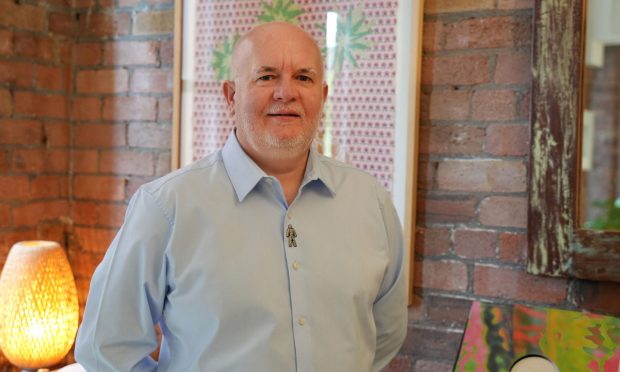
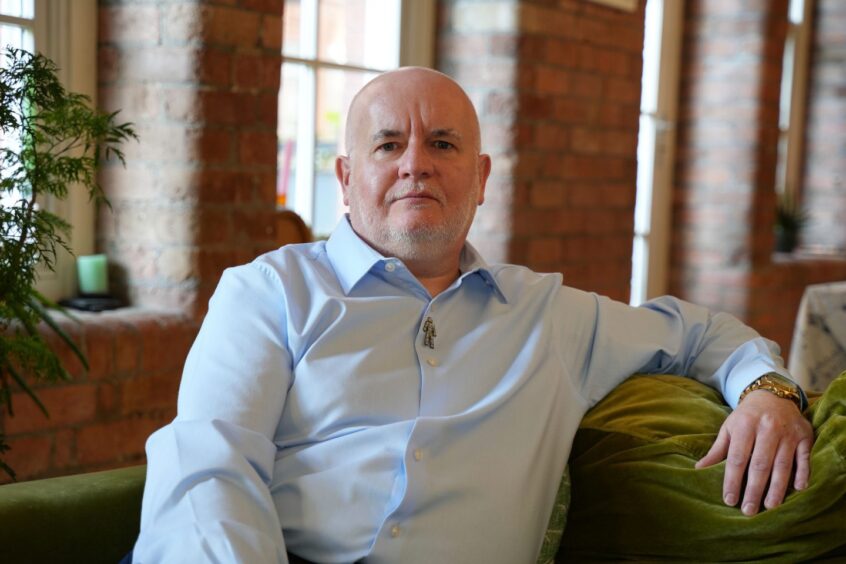
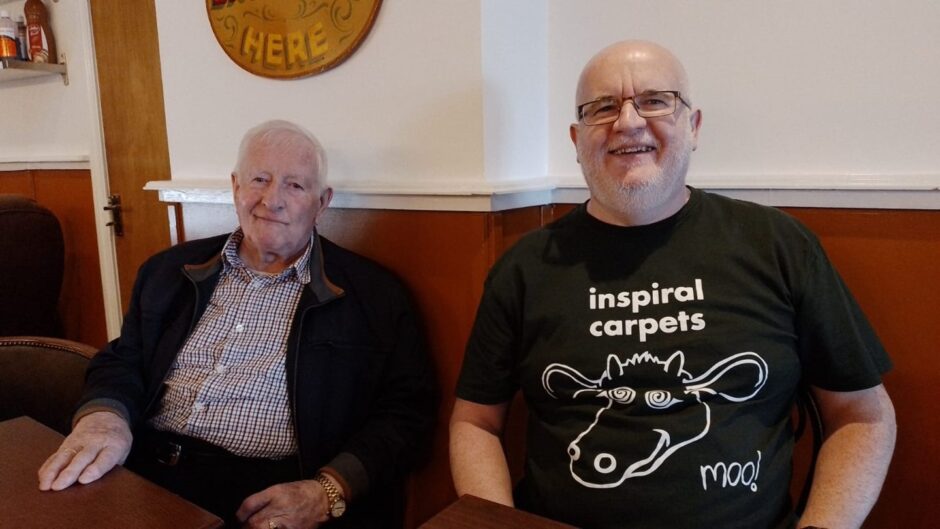
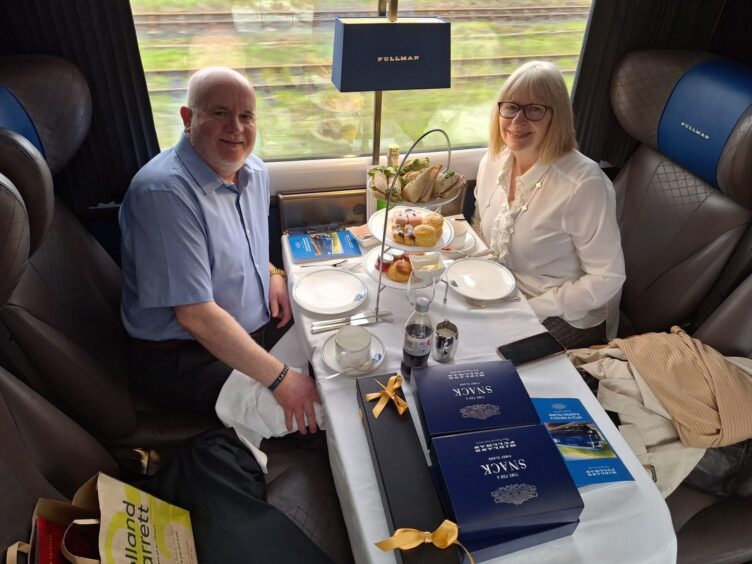

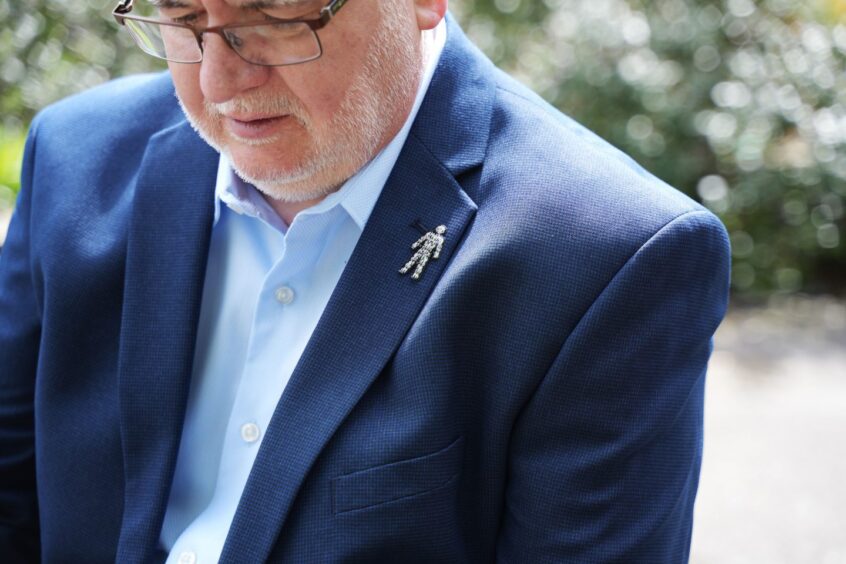
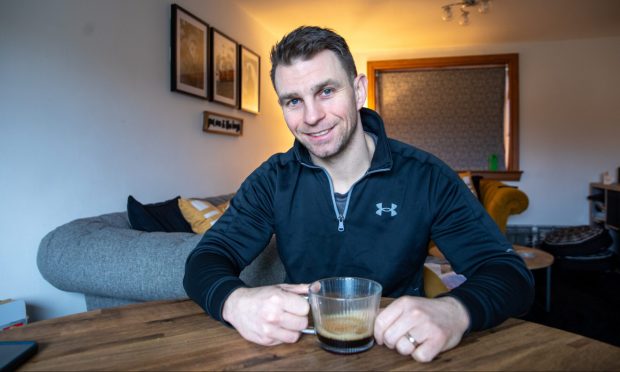

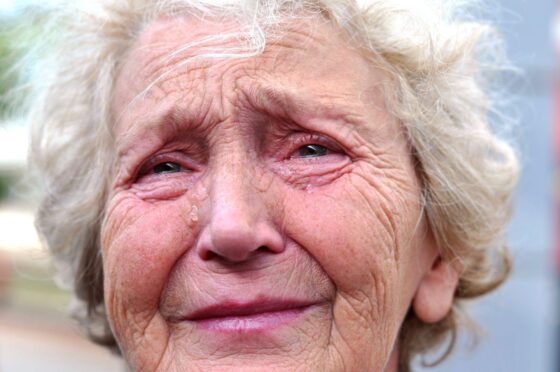

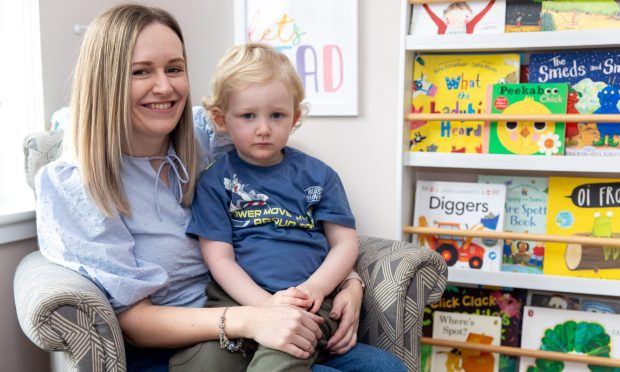
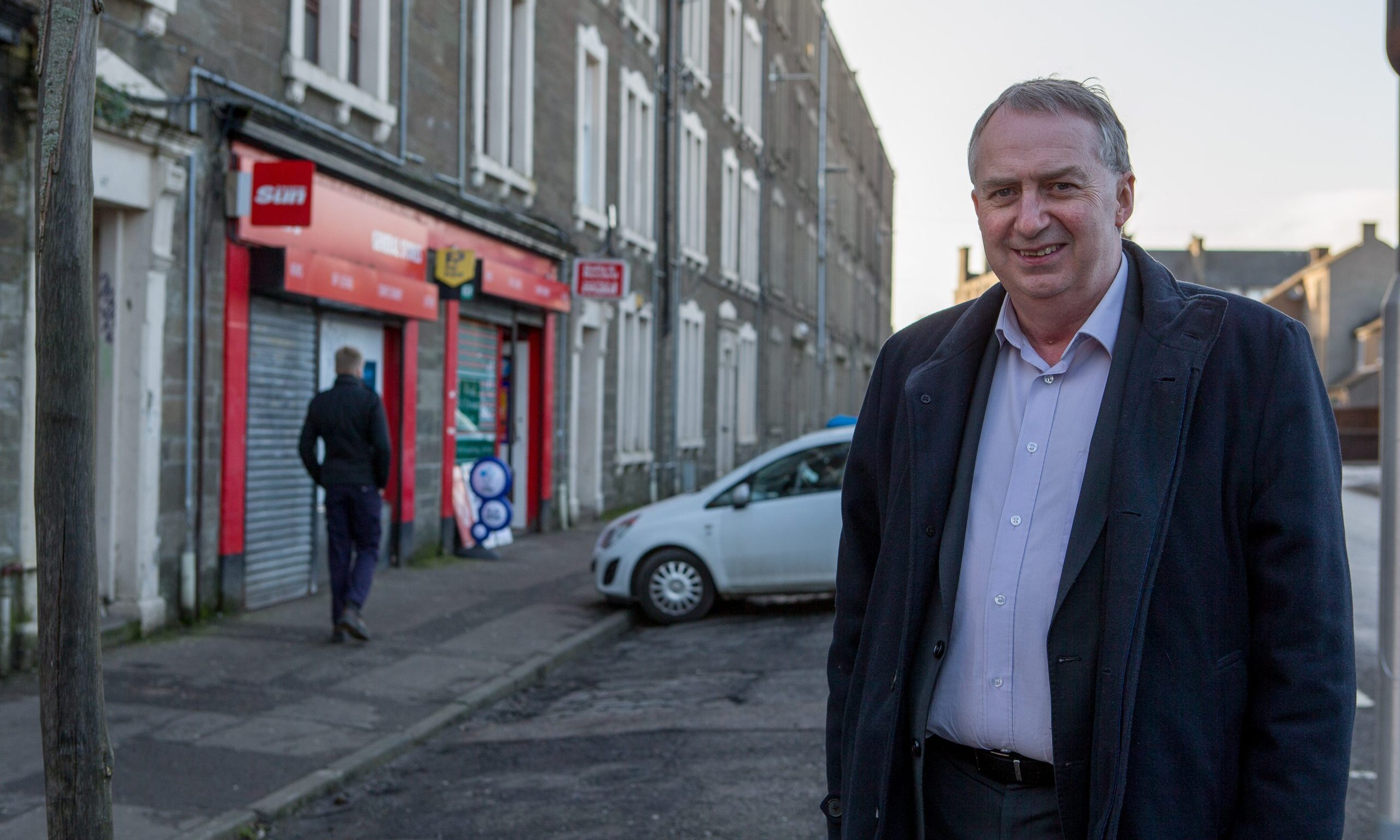
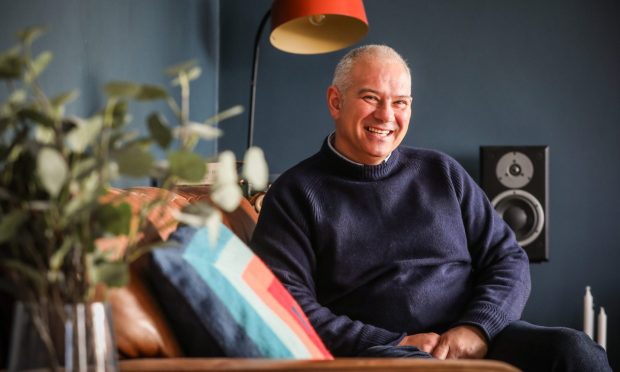

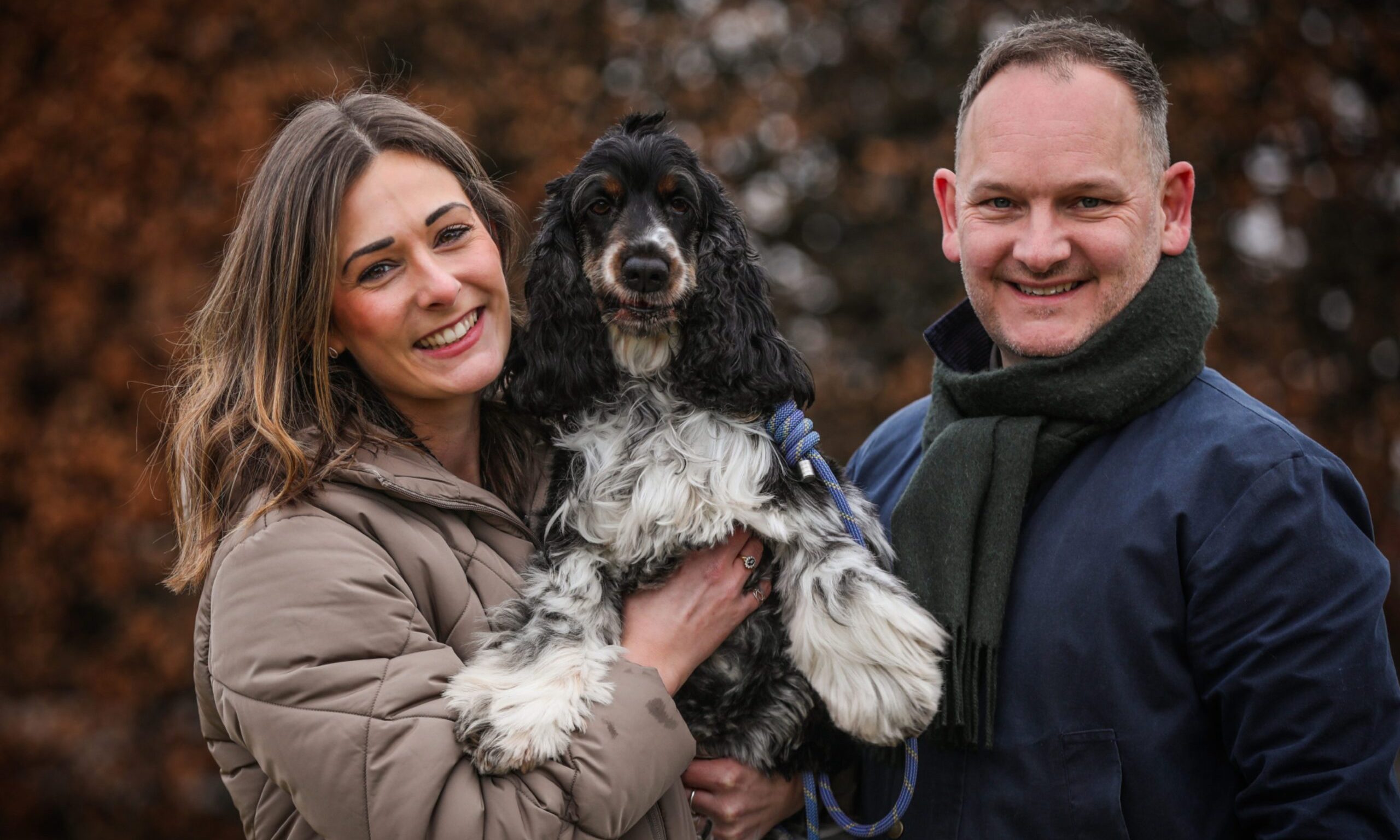

Conversation